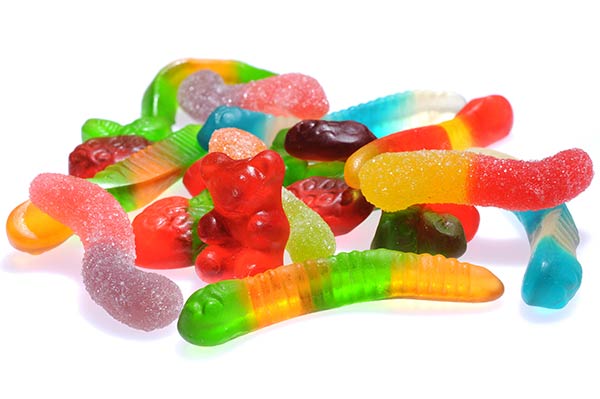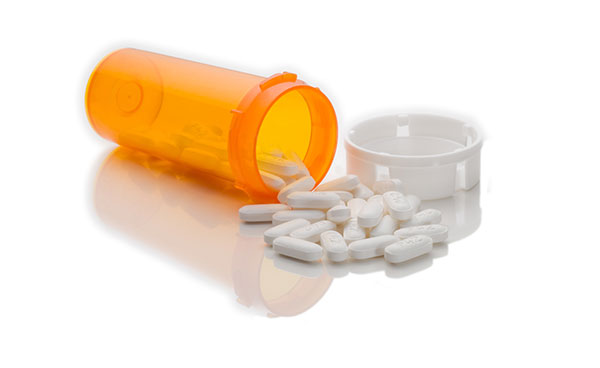What is Saliva?
Saliva is a clear liquid that is comprised of water and other essential substances necessary for oral health. It is produced by several glands that are located in the mouth.

Benefits of Saliva
Saliva plays an integral role in helping our bodies to digest food and to help protect our teeth and keep them strong. Here are a few the functions that saliva provides:
- Lubricates the hard and soft tissues of the mouth
- Helps to remineralize teeth after eating acidic foods
- Facilitates chewing and aids in the tasting of food
- Prevents unpleasant breath
- Flushes away leftover food after eating
- Fights bad bacteria that live in the mouth
Impact on Oral Health
When there is adequate salivary flow in the mouth and a regular oral care routine, the right conditions are present for good oral health. If salivary flow diminishes, especially for a prolonged time, the risk of developing dental decay or cavities increases. Without proper salivary flow, leftover food debris will not be flushed away. Foods that have a soft and sticky type of consistency can linger in the mouth between teeth or in the grooves of teeth. These foods provide an easy source for bad bacteria in the mouth.

A constant lack of saliva will also cause the mouth to become dry, a condition that is referred to as xerostomia. Having a constantly dry mouth will result in bad breath and a parched feeling in the mouth, along with increasing the risk of developing dental decay.

What Can Be Done?
It is important to understand that the cause of a dry mouth or reduced saliva flow can be numerous. Changes in health, certain diseases, certain medications, aging naturally and salivary gland issues are common causes of reduced salivary flow. If the cause is due to the medications you are taking, your doctor may be able to adjust your dosage or prescribe another type of medication to help. If the cause is not related to medications, there are over-the-counter products that can be used to help keep the mouth properly lubricated and moist. Increasing your fluid intake and avoiding foods that act as diuretics will also help.
If you feel like you have dry mouth symptoms that persist for more than a few days, let your dentist know.
